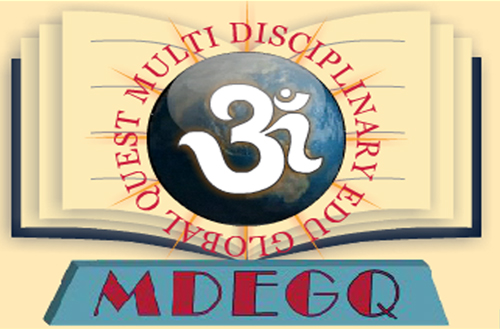MOTHERHOOD ON THE MARGIN : A STUDY OF MAHASWETA DEVI’S MOTHER OF 1084 AND BAYEN
A woman passes through many phases in her life. She is a daughter, sister, wife, and mother. Motherhood is a blessing, a way of life. It permits a woman to express her total self with tender feelings. But life is not fair arithmetic, and motherhood is not a blessing for some women in a patriarchal society. They are under the myth that motherhood is the sphere essentially fated for women. Women are subaltern sexes who are supposed to be reproducers of mankind- considered to be child bearers and rearers. But patriarchy misuses this role as an instrument to subordinate women as a whole. The aversion to motherhood can be traced in many women characters constructed my women writers. Mahasweta Devi is one such writer of contemporary world who portrays the stories of mothers bearing the substance of social and political oppression, and enduring and resisting with indomitable will. The present paper aims at describing the status of women as mothers in Mahasweta Devi’s celebrated plays Mother of 1084 and Bayen. Mother of 1084 describes the plight of Sujata Chatterjee, a traditional apolitical upper middle class lady who loses her son in communist Naxalite movement. Bayen describes the dilemma of Chandidasi Gangadasi, a mother and submissive wife of Malinadr Gangaputta, from a remote village in India. She is separated from her husband and son when she is accused of being a Bayen, a woman who breastfeeds dead children and has the ability to curse others. Both the plays establish many aspects of gender subalternity that is practiced by the political and superstitious society.
